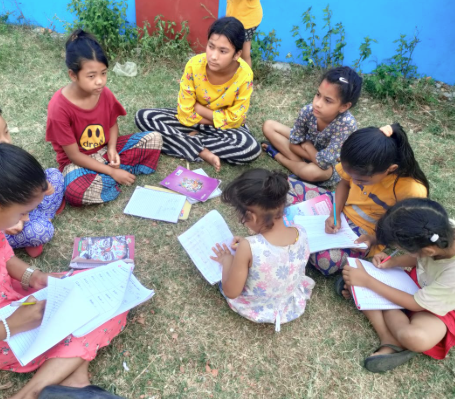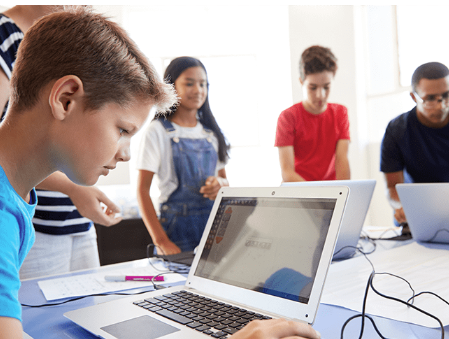In a world where adaptability, communication, and problem-solving are more valuable than ever, schools are placing greater emphasis on life skills alongside academics. Personalized learning provides a powerful approach to nurture these essential abilities, offering students opportunities to explore, practice, and refine skills that will serve them throughout life.
What Are Life Skills?
Life skills refer to a range of personal and interpersonal abilities that support everyday functioning and well-being. These include time management, collaboration, communication, critical thinking, emotional regulation, decision-making, and financial literacy. These competencies help students succeed not only in school but also in relationships, careers, and community life.
How Personalized Learning Supports Life Skills
Personalized learning adapts to individual strengths, needs, and interests. This flexibility naturally encourages the development of life skills through active engagement, choice, and reflection.
- Goal Setting and Time Management: Personalized learning often involves student-led goal setting. Tracking progress toward these goals encourages time management, responsibility, and accountability.
- Problem Solving and Critical Thinking: By allowing students to pursue open-ended projects or choose their learning paths, personalized instruction fosters the development of analytical thinking and real-world problem solving.
- Self-Awareness and Regulation: Reflection is a core aspect of personalized learning. When students assess their own progress and challenges, they build emotional intelligence and resilience.
- Communication and Collaboration: Students in personalized environments often work in peer groups, present their learning, or communicate with mentors. These opportunities nurture effective communication and teamwork.
Creating Opportunities to Practice Life Skills
To integrate life skills into personalized learning, educators can:
- Design project-based assignments that require planning, research, and reflection.
- Include regular check-ins where students discuss challenges and strategies.
- Offer multiple formats for students to demonstrate learning (presentations, journals, group work).
- Encourage community involvement or real-world applications of classroom learning.
Supporting Life Skills Through Feedback
Constructive, timely feedback helps students develop awareness and refine their approach. Personalized feedback should go beyond academic content and also address collaboration, perseverance, and problem-solving techniques.
Using Technology to Reinforce Skills
Digital tools can support skill development through self-paced modules, organizational apps, and communication platforms. Students can use digital calendars, collaboration spaces, or reflection journals to enhance executive functioning and interpersonal growth.
Involving Families in Skill Development
Life skills are best reinforced both at school and at home. Educators can share strategies with families, such as promoting responsibility with chores or practicing communication through family discussions. When families and schools align their efforts, students gain consistent support.
Conclusion
Personalized learning is not just about academic achievement—it’s about preparing students for life. By integrating life skills into everyday learning experiences, schools can equip students with the tools they need to navigate an ever-changing world with confidence, empathy, and resilience.














